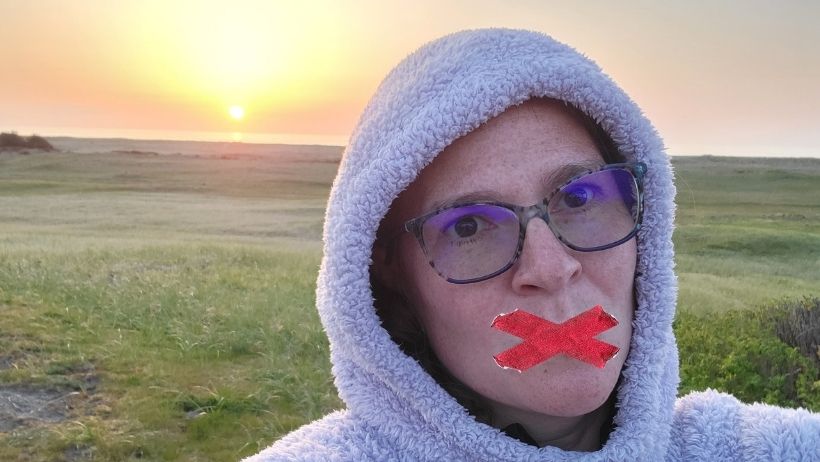In my work with people who are curious about Judaism or learning about Jewish practice for the first time, there is often amazement at the notion that for most of our confessions, most of the time when we’re facing change or needing to unload emotionally, we don’t need a rabbi to witness it. Instead, we have moments of individual prayer that include confession in almost every Amidah outside of Shabbat. In Catholicism, confession happens out loud in a private booth with a priest, whereas in modern Judaism, confession most often takes the form of private, silent communication between the individual and God.

Interestingly, Judaism wasn’t always like this. In the times of the Torah, the High Priest played a significant role in the act of confession for the Israelite people, and we learn about this public, spoken confession in our Torah portion this week.
This week we read Parshat Acharei Mot, the portion that details the laws and rules for healthy relationships. It begins with the aftermath of the loss of Aaron’s sons to their own out of body experience while breaking the rules, and continues with the laws about how we’re supposed to atone for our sins on Yom Kippur. The final chapter of the text deals with appropriate and inappropriate relationships between family members.
In chapter 16 we read about the ways that Aaron would go and make the confession on behalf of all the people of Israel. You’d think that if he’s making the confessions on behalf of all the people, naturally they would’ve had to share them with him. Specifically, in verse 21, the text tells us that Aaron would place both his hands upon the head of the live goat and confess over it all the iniquities and transgressions of the Israelites. In other words, not only did the Israelites have to share their transgressions out loud with Aaron first, he then said them out loud a second time to the goat.
While sharing our missteps with a goat might not be what we picture for atonement today, it’s important to note the action required here to move forward after a transgression. This system relies on saying our confessions out loud. How often do you have a conversation inside your own head about something you regret or feel remorse about? And how often does that internal dialogue actually lead to change? If you’re like me, the change doesn’t happen unless I voice those thoughts to another human being. I’ve even tried using my dog, Stanley, as my scapegoat, but he doesn’t hold me accountable.
Parshat Acharei Mot is a gentle reminder to each of us that in order to make real progress in ourselves, we must say the change we want to make out loud. In Judaism, there’s no longer a High Priest or even a rabbi required; any interpersonal conversation can be your stepping stone. The action of change occurs when we take our own inner voice and let others hear our intention.



